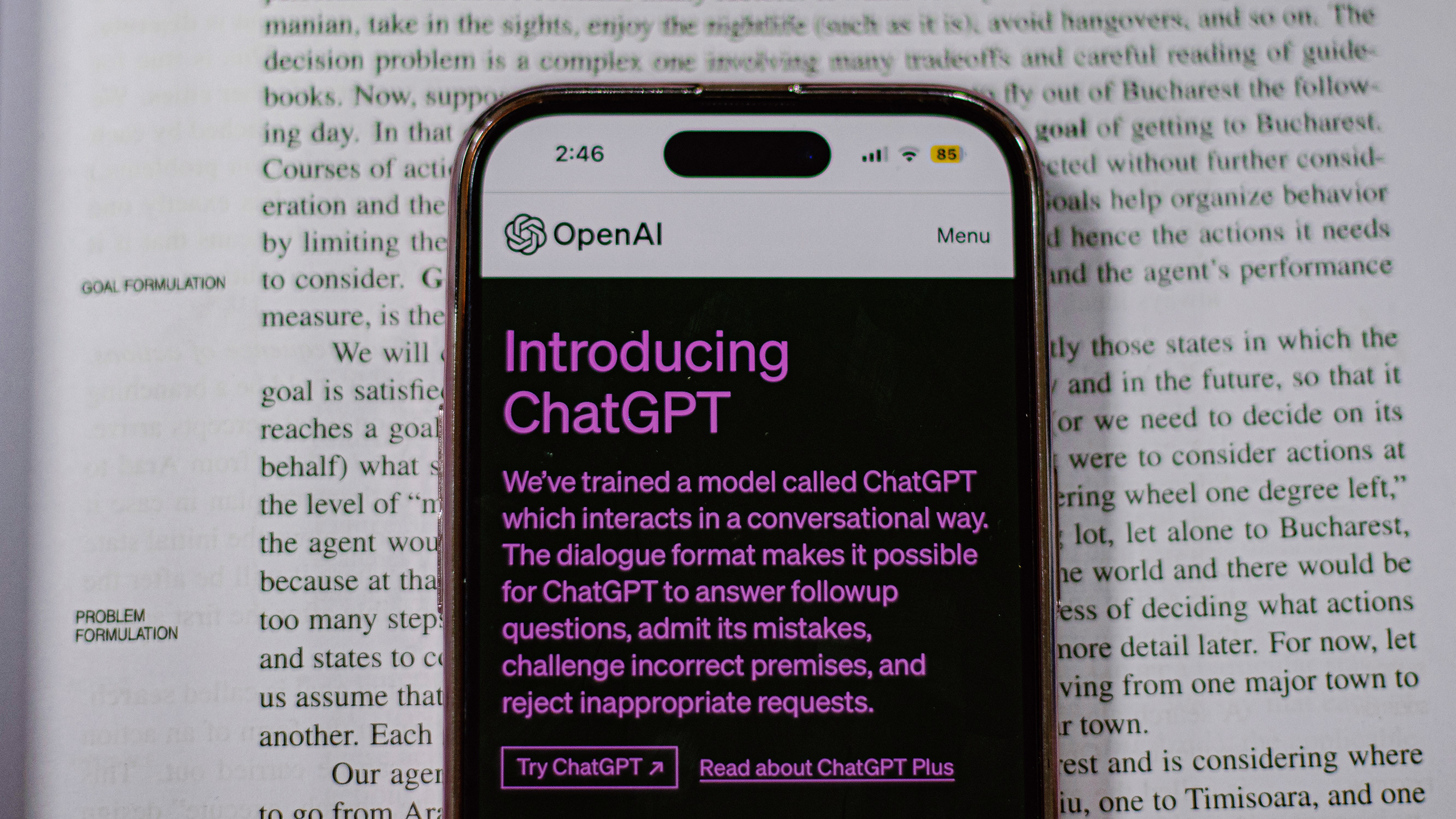Chegg Cuts Workforce as AI Takes Over the Chat
Online learning company Chegg is laying off almost a quarter of its workforce amid worries that AI is doing people’s homework for them.

Sign up for smart news, insights, and analysis on the biggest financial stories of the day.
Some educational tech platforms are falling behind as students increasingly embrace popular generative-AI chatbots and tools.
Chegg, an online education company that offers textbook rentals and homework help, said on Monday that it would lay off 248 employees, or 22% of its workforce, as part of a broad restructuring effort. It is also closing physical offices in the US and Canada by the end of the year and reducing new product development initiatives. The company cited “ongoing industry challenges” weighing on its business, including web traffic. It sued Google in February, alleging that its AI-search summaries were sapping traffic and revenue.
Chat-Smart
Booksmarts are out, and chat-smarts, in. Students are picking up tools like ChatGPT to skate through college, using it to write notes, produce essays, and do coding homework. Learning appears to be the last thing on the agenda for college students, as Chungin “Roy” Lee told New York magazine in a story published last week: “[University] is the best place to meet your co-founder and your wife.”
An analysis of 88,998 user reviews showed that education was the top use for ChatGPT’s Android app.
Meanwhile, funding for online education businesses has hit the lowest level in a decade, with businesses of that ilk receiving just $3 billion in investments last year, per a Financial Times article citing data compiled by PitchBook.
Chegg served as a virtual cheat code for homebound students during the pandemic, but lost its edge to popularized AI tools from Google AI’s Overview and OpenAI’s student-focused products and services. The company has struggled to compete even as it embraced AI; it rolled out a conversational learning companion, the GPT-4-supported Cheggmate, in 2023 — effectively replacing its shuttered live-tutoring service. But those efforts have yet to pay off in Chegg’s financials: Its first-quarter earnings report showed a 30% decline in revenue year-over-year and a 31% fall in subscribers. It is now in the thick of a strategic review, having tapped Goldman Sachs to explore possible options, including a sale or go-private transaction.
Not all ed-tech businesses are suffering because of AI:
- Online-learning platform Coursera beat revenue expectations for its first quarter, with management highlighting growth in its course offerings. Generative AI content and entry-level certificates were a big help.
- Language learning app Duolingo continues to grow and invest in AI. Its cofounder and chief Luis von Ahn recently said the company would be “AI-first” in a company-wide email. That involves phasing out contractors who do work that AI can do.
Reverse course: A dance with AI-first could drive companies back to real people. Klarna is now actively trying to hire human customer service agents after the Swedish fintech company found its AI chatbots wanting.











